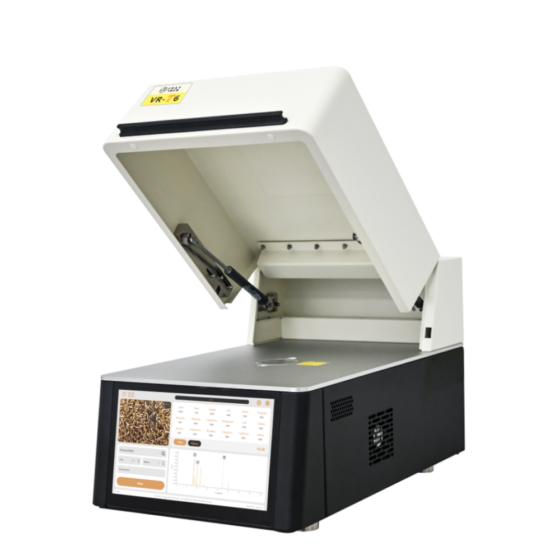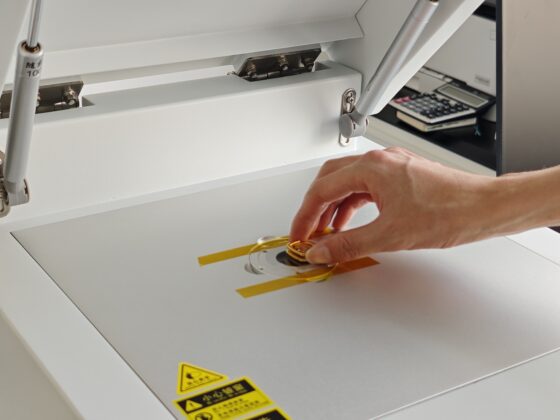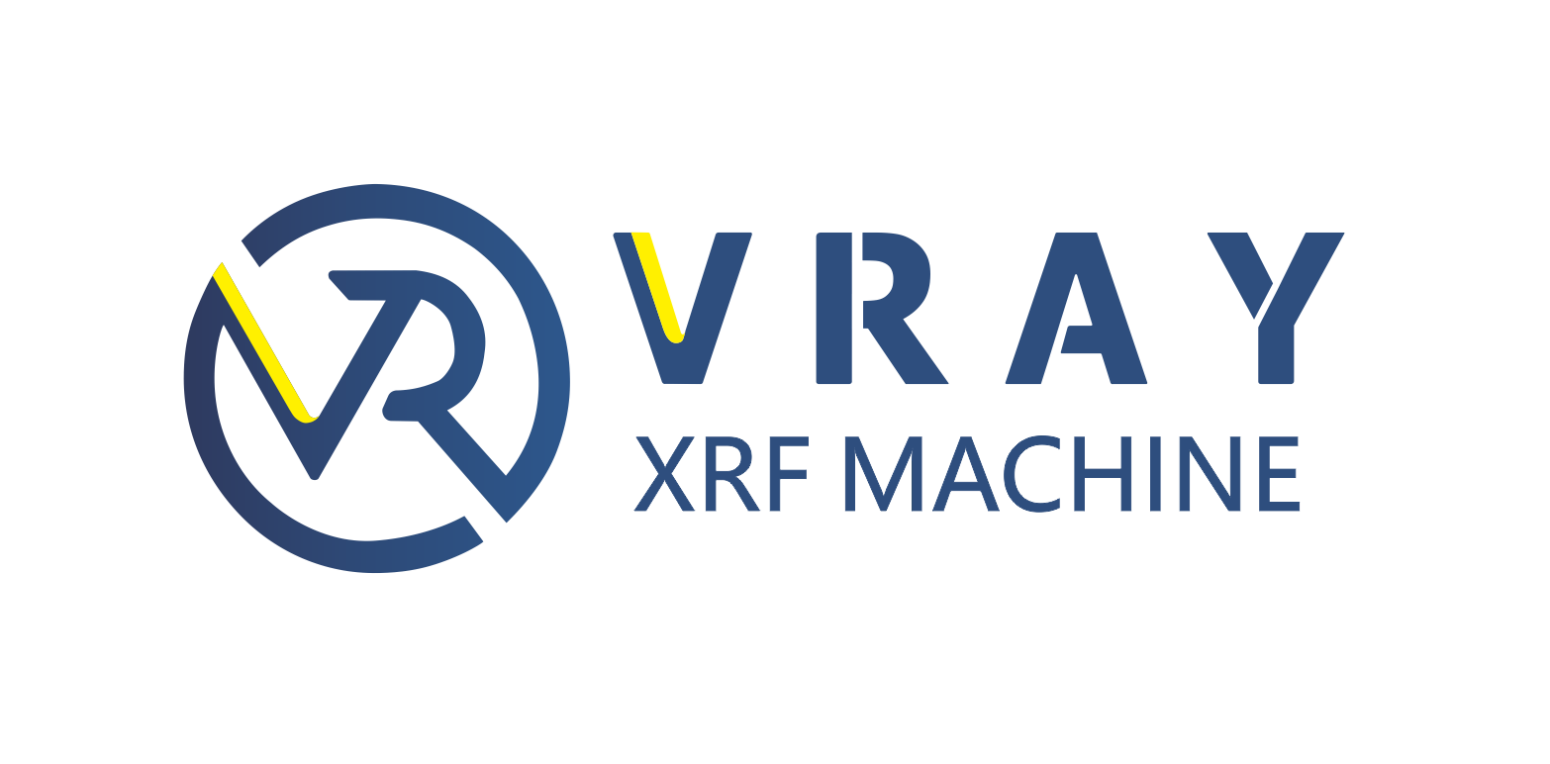Are the XRF Gold Testing Machines Accurate?

When it comes to determining the purity and composition of gold, accuracy is everything. Whether you’re a jeweler, a precious metals trader, or an appraiser, knowing the exact content of gold items is critical for assessing their true value. This is where XRF gold testing machines come into play, offering a non-destructive and rapid method to analyze gold and other precious metals. But the question on everyone’s mind is: Are XRF gold testing machines really accurate?
Let’s dive into what makes these machines effective, their level of accuracy, and the factors that can influence their precision.
How Do XRF Gold Testing Machines Work?
XRF (X-ray Fluorescence) technology is based on the principle that when materials are exposed to high-energy X-rays, they emit secondary (or fluorescent) X-rays. Each element has a unique fluorescent signature, and by analyzing these signatures, the XRF machine can determine the elements present in the material being tested, including gold.
In the case of gold, an XRF analyzer can detect the different elements that may be alloyed with the gold, such as silver, copper, or palladium. This allows the machine to determine the purity (karat level) of the gold item.
What is the Accuracy of XRF Gold Testing Machines?
In general, XRF gold testing machines are highly accurate, with precision that can often reach levels as high as 99% or more. High-quality XRF analyzers can detect the composition of gold down to parts per million (ppm) and can analyze multiple elements simultaneously. For example, some models can analyze up to 20 elements in one test, providing a detailed breakdown of the alloy composition.
The key factors contributing to the accuracy of these machines include:
- Advanced Detectors: Modern XRF analyzers are equipped with state-of-the-art detectors, such as silicon drift detectors (SDD) or gas proportional counter detectors, which enhance the accuracy of readings.
- Calibration: Regular calibration of the machine using certified reference materials (CRM) ensures the highest level of accuracy.
- Test Conditions: Variables like surface cleanliness, sample preparation, and the thickness of coatings or plating can affect results, but most machines can compensate for these issues with proper settings.
For example, the VR-T6 XRF analyzer from VRAY Instrument Limited is known for its remarkable precision, reaching accuracies of up to 0.03%, making it a preferred choice for professionals in the precious metals industry.


Factors That Influence the Accuracy of XRF Gold Testing Machines
While XRF gold testing machines are generally accurate, several factors can impact their performance:
- Surface vs. Core Composition: XRF machines analyze the surface layer of the material being tested. If the item has a coating or plating, such as gold-plated jewelry, the XRF machine might only detect the surface metal and not the base material. Machines with specific coating thickness capabilities, like the XF-P3 XRF coating thickness analyzer, help address this by testing both the coating and the base metal.
- Sample Preparation: Any contamination, dirt, or oxidation on the surface of the gold can affect the readings. Proper cleaning and preparation of the sample ensure more accurate results.
- Thickness of Gold: For very thick samples, the depth of XRF penetration may vary. While XRF machines can accurately assess thin to medium gold layers, extremely thick layers might require specialized testing methods or adjustments in the machine’s settings.
- Calibration and Maintenance: Keeping the machine well-calibrated and properly maintained is essential for
- ensuring consistent and reliable results.
- Alloy Composition: XRF machines are best suited for analyzing known alloys. If the gold is mixed with rare or unknown metals, the results may need additional verification through other methods.
When Should You Use XRF Gold Testing Machines?
XRF gold testing machines are ideal for:
- Jewelry testing: To verify the karat of gold jewelry, ensuring customers receive what they pay for.
- Scrap gold analysis: Quickly identifying the value of gold items for trade or recycling.
- Minting and coin validation: Ensuring the purity and integrity of gold coins or bullion.
- Gold bar verification: Determining the composition of larger gold items or bars without causing any damage.
Conclusion: Are XRF Gold Testing Machines Accurate?
The answer is a resounding yes—with the right equipment, proper calibration, and ideal testing conditions, XRF gold testing machines offer exceptional accuracy. They provide a reliable, fast, and non-destructive way to determine the composition of gold and its alloys. Whether you are dealing wi
th jewelry, coins, or industrial gold components, these machines can help you make precise assessments without any guesswork.
For those looking to invest in an XRF analyzer, it’s essential to choose a machine that matches your specific needs. Models like the VR-M5 XRF analyzer, VR-H5 handheld analyzer, or the VR-X5 gold analyzer from VRAY Instrument Limited offer a wide range of features to ensure top-notch accuracy in gold testing.
In today’s fast-paced and highly competitive market, having access to accurate and efficient gold testing methods is crucial. With an XRF analyzer, you can trust that your gold analysis is in good hands.
 VRAY Instrument Limited
VRAY Instrument Limited